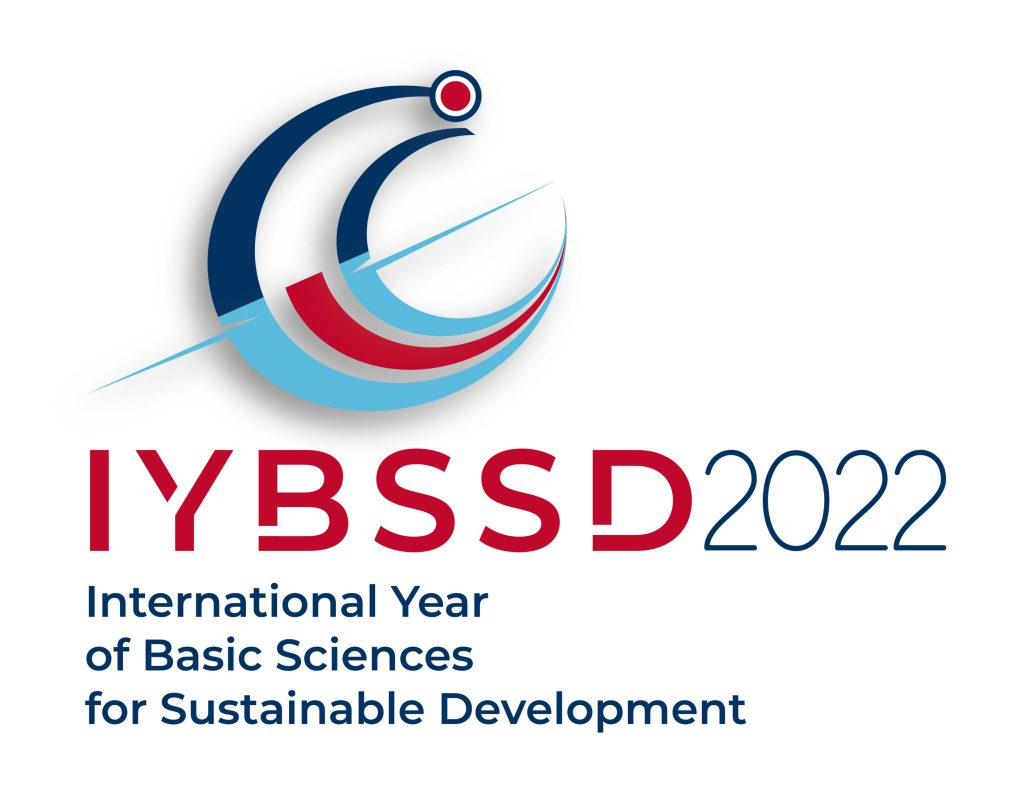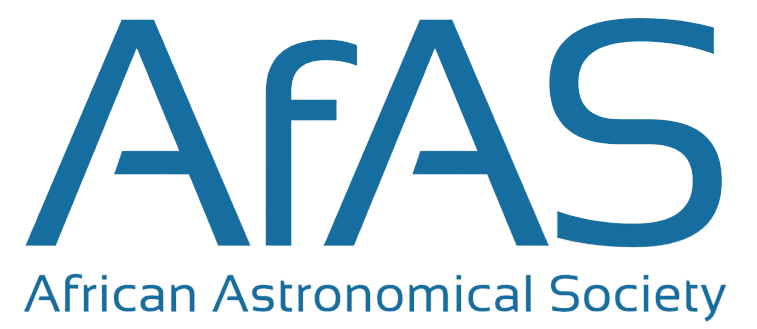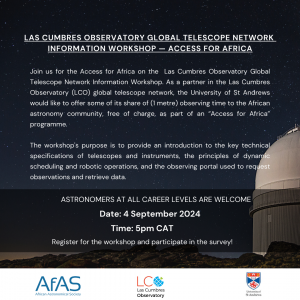
The International Astronomical Union is one of several scientific unions and institutions who will coordinate the International Year of Basic Sciences for Sustainable Development (IYBSSD) in 2022, to promote the links between the basic sciences and the Sustainable Development Goals.
We need more basic sciences to achieve Agenda 2030 and its 17 Sustainable Development Goals. This was the message from the United Nations (UN) General Assembly on 2 December 2021 when Member States approved, by consensus, resolution 76/A/L.12, promulgating 2022 as the International Year of Basic Sciences for Sustainable Development(IYBSSD2022).
The International Astronomical Union (IAU) has long recognized the roles of basic sciences for sustainable development. Through its dedicated Office of Astronomy for Development (OAD), established in partnership with the South African National Research Foundation and Department of Science and Innovation, the IAU actively supports activities around the globe that further the use of astronomy, including its practitioners, skills and infrastructures, as a tool for sustainable development. The IAU serves on the steering committee of IYBSSD together with other scientific institutions representing various disciplines from astronomy, chemistry, biology to crystallography, mineralogy to the history and philosophy of science and technology.
The UN resolution ‘invites all [its] Member States, organizations of the United Nations system and other global, regional and subregional organizations, as well as other relevant stakeholders, including academia, civil society, inter alia, international and national nongovernmental organizations, individuals and the private sector, to observe and raise awareness of the importance of basic sciences for sustainable development, in accordance with national priorities’.
The decision of the UN General Assembly was motivated by ‘the high value of basic sciences for humankind’, and the fact that ‘enhanced global awareness of, and increased education in the basic sciences is vital to attain sustainable development and to improve the quality of life for people all over the world’. It also stressed that ‘basic sciences and emerging technologies respond to the needs of humankind by providing access to information and increasing the health and well-being of individuals, communities, and societies’. The successes and difficulties of the global fight against the COVID-19 pandemic have been for two years a stark reminder of the importance of basic sciences.
The resolution was proposed to the United Nations General Assembly by Honduras, and co-sponsored by 36 other countries. Its vote confirms resolution 40/C 76 adopted unanimously by UNESCO General Conference, 25 November 2019.
IYBSSD2022 will be officially inaugurated at an opening conference from 30 June to 1 July 2022 at UNESCO headquarters in Paris. Events and activities will be organized around the world until 30 June 2023. Over 90 national and international science academies, learned societies, scientific networks, research and education centers are also supporting this initiative. They will organize events and activities all over the planet during the year to showcase and improve the links between basic sciences and the 17 SDGs.
Member organizations of the Steering Committee of IYBSSD2022
- International Union of Pure and Applied Physics,
- CERN (The European Laboratory for Particle Physics),
- UNESCO’s Abdus Salam International Centre for Theoretical Physics, Italy
- Chinese Academy of Sciences,
- European Gravity Observatory,
- European Physical Society,
- Fonds de recherche du Québec, Canada
- Institut de recherche pour le développement, France
- International Astronomical Union,
- Industrial Council for Industrial and Applied Mathematics,
- International geographical Union,
- International Institute for Applied Systems Analysis,
- International Mathematical Union,
- International Mineralogical Association,
- International Science Council,
- International Union for Vacuum Science, Technique and Application,
- International Union of Biological Sciences,
- International Union of Crystallography,
- International Union of Geodesy and Geophysics,
- International Union of History and Philosophy of Science and Technology,
- International Union of Material Research Societies,
- International Union of Pure and Applied Chemistry,
- Istituto Nazionale di Fisica Nucleare, Italy,
- Joint Institute for Nuclear Research, Russian Federation,
- Nuclear Physics European Collaboration Committee,
- Rencontres du Vietnam,
- Scientific Committee on Oceanic Research,
- Square Kilometer Array Observatory
Full list of countries who co-sponsored the resolution
Armenia, Azerbaijan, Bahrain, Bolivia, Brasil, Burkina Faso, Chad, Chile, Colombia, Cuba, Dominican Republic, Ecuador, El Salvador, Fiji, Georgia, Guatemala, Honduras, India, Indonesia, Israel, Japan, Jordan, Kyrgyzstan, Malawi, Nicaragua, Panama, Paraguay, Peru, Philippines, Qatar, Russian Federation, Saudi Arabia, Serbia, Spain, South Africa, Thailand, Viet Nam.
More at https://www.iybssd2022.org
About the IAU and OAD
The International Astronomical Union (IAU) is an organisation that brings together about 12 000 astronomers from around the world. Founded in 1919, the IAU is the world’s largest professional body of astronomers. Its mission is to promote and safeguard the science of astronomy in all its aspects through international cooperation. The IAU also serves as the internationally recognised authority for assigning designations to celestial bodies and the surface features on them.
The IAU established the Office of Astronomy for Development (OAD) in partnership with the National Research Foundation (NRF) of South Africa. The OAD was officially opened on 16 April 2011 at the South African Astronomical Observatory (SAAO) in Cape Town, South Africa. As of 2021, the OAD has administered approximately €1,000,000 in grant funds, awarded to more than 200 projects across the world. Since its establishment the OAD has negotiated the establishment of eleven regional offices around the world (based in Armenia, China, Colombia, Ethiopia, Jordan, Netherlands, Nigeria, Portugal, Thailand, USA and Zambia) with two of these offices serving as a joint language centre (Chinese and Arabic), and one serving as a dedicated language centre (Portuguese).
IAU website: https://www.iau.org/
OAD website: https://www.astro4dev.org/
Contacts for IAU OAD:
Kevin Govender
IAU Office of Astronomy for Development
Email: kg@astro4dev.org
Ramasamy Venugopal
IAU Office of Astronomy for Development
Email: rv@astro4dev.org
Contacts for IYBSSD2022:
Michel Spiro,
President of the Steering Committee for IYBSSD2022 michel.spiro@iybssd2022.org
Luc Allemand,
Secretary-general of IYBSSD2022
luc.allemand@iybssd2022.org

